Recent events reveal that the United States is confronting a prescription and non-prescription opioid abuse scourge. The adverse health outcomes from opioid abuse have increased dramatically over the past years, including emergency department visits and fatal overdoses. However, is society’s perception of addiction evolving? There is a growing recognition of the prescription opioid abuse epidemic as a public health and medical concern. Unlike in the 1980s where the state criminalized the crack cocaine epidemic, today, society views addiction with empathy and as a condition that needs urgent medical intervention.
The Genesis
The public continues to grapple with the question: how are opioids legal if they are so addictive? In the 1990s, manufacturers of opioids guaranteed the medical community that addiction to opioid pain relievers would not be of concern. Subsequently, these reassurances encouraged health providers to prescribe the medication at more profound rates than the previous years. The increased prescription led to rampant misuse and abuse of both non-prescription and prescription opioids and resultantly increased the prevalence of opioid use disorder among the population. Ultimately, extensive studies revealed that these prescriptions were unquestionably highly addictive. Adverse consequences of this epidemic include increased abuse and fatal overdoses of opioids and the growing incidence of babies with withdrawal syndrome resulting from increased opioid misuse amid pregnancy.
Policy Interventions
For decades now, we consider addiction as a treatable brain disorder rather than a type of social deviance or moral flaw. Despite the compelling evidence backing this position, addiction remains criminalized and punished through sanctions. Through its relevant agencies, the government needs to embrace a public health approach to addressing the issue for the sake of health equity and people’s well-being. Most strategies and policy responses to the epidemic are increasingly mirroring this new understanding. However, multiple policies continue to promote the imposition of criminal sanctions on persons struggling with opioid addiction. It may be natural to depend on criminal code, but such an approach is not only ineffective but also ill-advised.
Ineffective Punishment
The relationship between indicators of the drug problem and drug-related incarceration rates is statistically significant. Some of these indicators include: • Drug arrests • Opioid abuse-related deaths • Self-reported opioid abuse Imprisonment is the primary driver of drug overdose years after release. Most people, in our prisons, are suffering from untreated substance use disorder, and illegal use of medication and drug tend to increase exceedingly upon release from prison. When opioids are involved, incidents of relapse can be fatal because of the reduced or loss of tolerance during incarceration.
A Public Health Approach
The U.S. is one of the 193 member states of the United Nations that voted to consider substance abuse disorder as a medical condition and public health issue instead of a criminal justice system’s concern. Therefore, it is bound by the agreement and compelled to establish the effects and effectiveness of public health-based alternatives to criminal code, such as diversion programs and drug courts. People with drug abuse disorder require treatment rather than punishment, and it is critical to approach this medical concern with compassion and guarantee quality care. The goal is achievable with a desire to attaining racial equality in the delivery of empathetic treatment and using science to move towards relatively equitable models to address addiction.
Clinical Interventions
Substance abuse treatment, behavioral interventions, and opiate replacement therapy, as well as access to affordable treatment programs, have been effective. Same as other substance use disorders, opioid use disorders can benefit from behavioral health treatment. Counseling and other specialized psychotherapies can help those seeking to change behaviors and comprehend situations. For most people, medication will lead to a significant relief in addition to assisting in symptoms management. However, a practical approach involves the combination of the two: medication and behavioral therapy.
Treatment
The Food and Drug Administration (FDA) approves evidence-based treatment solutions for combating opioid use disorder. Medication-Assisted Treatment (MAT) involves using medications, together with behavioral and counseling therapies, to deliver a whole-patient approach to addiction. These medications will help to relieve the psychological cravings and withdrawal syndromes resulting in chemical imbalances in the system. A qualified professional should conduct a comprehensive evaluation to arrive at the diagnosis. As said, no intervention works best because every treatment must address a patient’s symptoms and needs. Timely treatment is considered the best, and no one specific treatment regimen works best. We can help, call us now at 424-499-2603.










